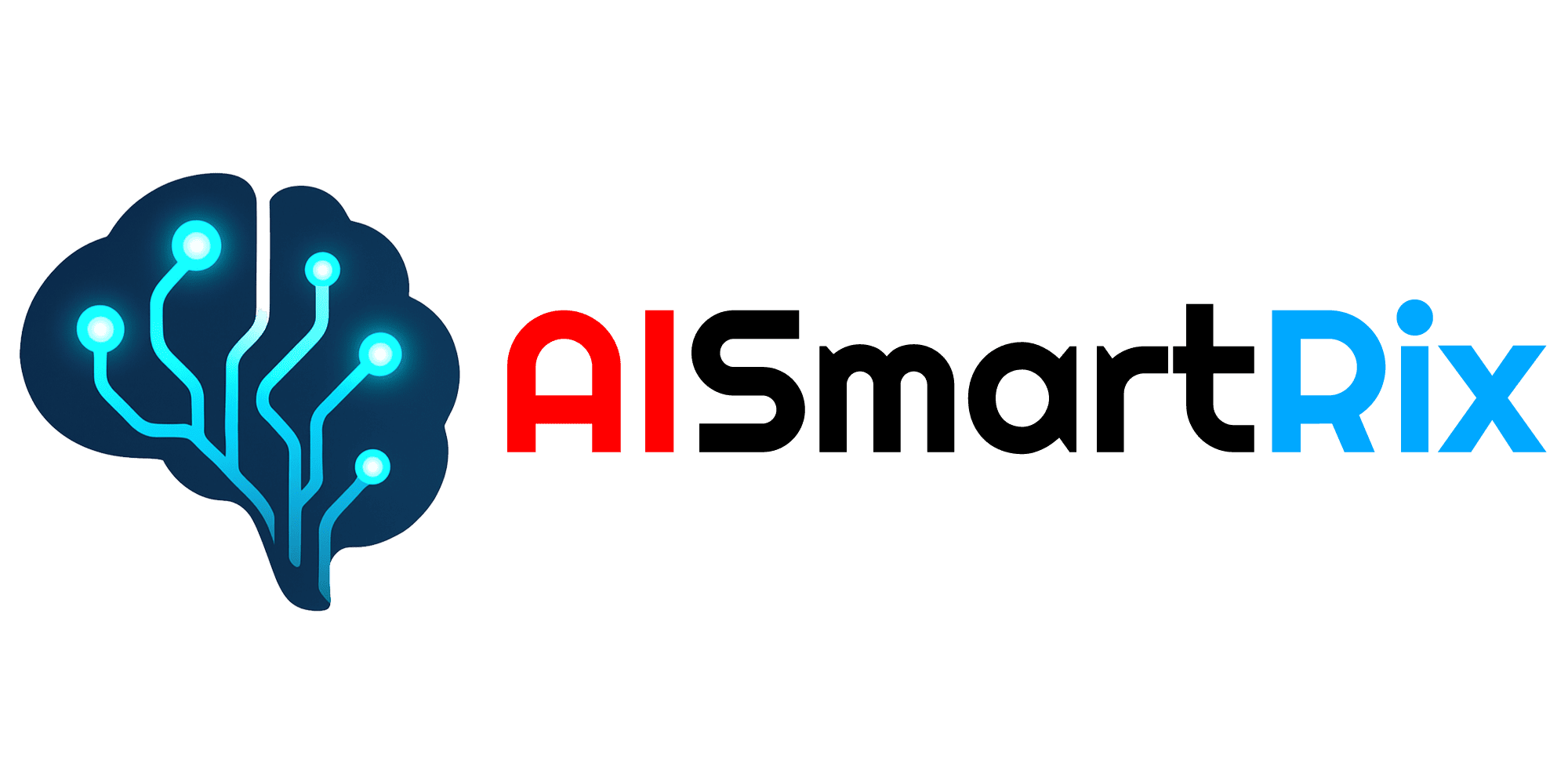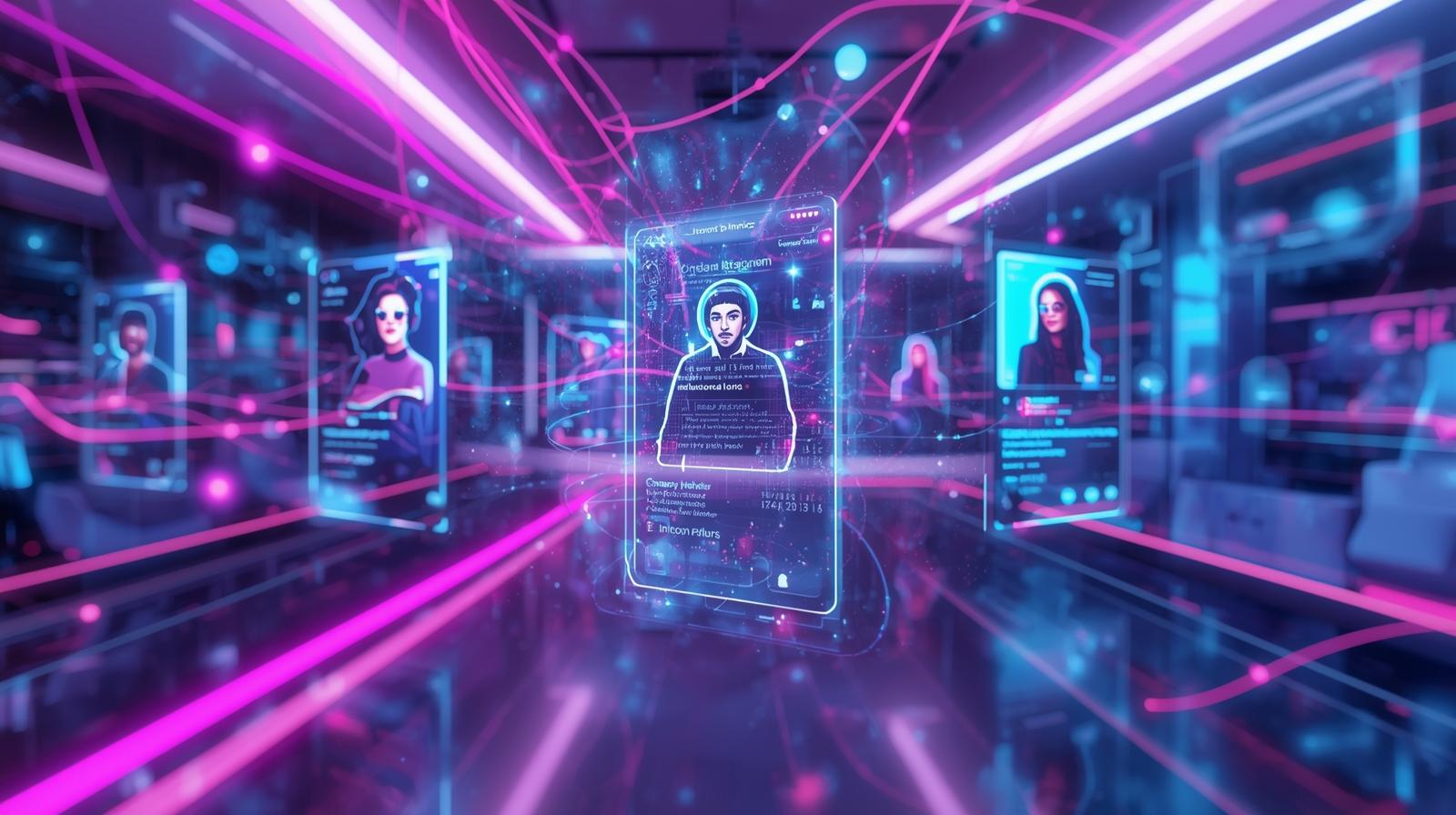AI in Social Media: The Algorithms Behind TikTok and Instagram
Social media platforms have become a central part of modern life, connecting billions of people worldwide. Behind the seamless feeds and personalized recommendations, Artificial Intelligence (AI) drives the content, engagement, and user experience. Platforms like TikTok and Instagram rely heavily on AI algorithms to analyze behavior, predict preferences, and optimize content delivery, transforming how users consume media.
In this article, we’ll explore how AI shapes social media, the technology behind recommendation engines, and the impact of these algorithms on users, creators, and businesses in 2025.
1. The Power of AI in Social Media
AI in social media goes beyond simple content delivery—it personalizes, predicts, and optimizes every interaction. By processing vast amounts of data, AI algorithms can:
- Predict which content a user is likely to engage with.
- Tailor feeds to individual preferences, increasing engagement.
- Identify trending topics and emerging influencers in real-time.
This level of personalization keeps users engaged longer, boosting platform growth and revenue.
2. TikTok’s Algorithm: Mastering Short-Form Content
TikTok has become a global phenomenon thanks to its highly effective recommendation engine. Key features include:
- For You Page (FYP) curation: AI analyzes watch time, likes, shares, comments, and even replays to select videos users are most likely to enjoy.
- Content understanding: Computer vision identifies objects, scenes, and movements in videos, while natural language processing (NLP) interprets captions and audio.
- Adaptive learning: The algorithm continuously updates user profiles to refine content delivery.
TikTok’s AI ensures that even new creators can go viral if their content resonates with audience behavior, democratizing social media visibility.
3. Instagram’s AI: Balancing Feeds and Discovery
Instagram leverages AI to enhance user experience across feeds, stories, and the Explore page:
- Feed ranking: AI predicts which posts a user is most likely to interact with, prioritizing them in the feed.
- Explore personalization: Machine learning recommends new content, influencers, and hashtags tailored to interests.
- Reels optimization: AI evaluates engagement patterns to suggest short-form videos likely to perform well.
Instagram’s AI also monitors spam, inappropriate content, and fake accounts, maintaining a safer and more engaging platform.
4. AI and Content Creation
AI is not only consuming content—it’s helping create it:
- Automated captions and translations improve accessibility and global reach.
- AI filters and effects enable users to generate creative visuals instantly.
- Predictive hashtags and trend suggestions help creators maximize reach.
These tools allow influencers, brands, and everyday users to produce higher-quality content efficiently, making social media more dynamic.
5. Social Media Marketing and AI
For businesses, AI is a game-changer in digital marketing:
- Audience segmentation: AI identifies target demographics and predicts engagement.
- Ad optimization: Machine learning adjusts ad placement, timing, and content for maximum ROI.
- Trend analysis: Algorithms detect viral topics and user sentiment in real-time.
Brands can now run campaigns that are precisely tailored to user behavior, increasing conversions and reducing wasted spend.
6. Ethical Considerations and Challenges
While AI enhances social media, it raises critical concerns:
- Addictive design: Highly personalized feeds can increase screen time and dependency.
- Echo chambers: Algorithms can reinforce existing beliefs, limiting exposure to diverse perspectives.
- Privacy issues: Collecting and analyzing massive amounts of personal data requires careful regulation.
- Misinformation: AI may inadvertently amplify false or misleading content if not properly managed.
Platforms are investing in ethical AI frameworks to balance engagement with user well-being.
7. The Future of AI in Social Media
Looking ahead, AI in social media will continue evolving:
- Hyper-personalized experiences: Feeds, recommendations, and notifications will become more predictive and context-aware.
- AI-driven content moderation: Improved detection of harmful or misleading content.
- Interactive AI influencers: Virtual personalities capable of engaging in realistic conversations with users.
- Cross-platform intelligence: AI integrating data from multiple apps for seamless user experiences.
The fusion of AI and social media promises a more immersive, engaging, and efficient digital ecosystem.
Conclusion
AI is the engine behind TikTok, Instagram, and modern social media, shaping what we see, how we interact, and how content creators and brands reach audiences. From personalized feeds and viral content recommendations to AI-assisted creation and marketing, the algorithms are redefining the social media experience.
The question is: How do you think AI-driven algorithms will change the way we interact online over the next five years, and can they strike the right balance between engagement and user well-being?





